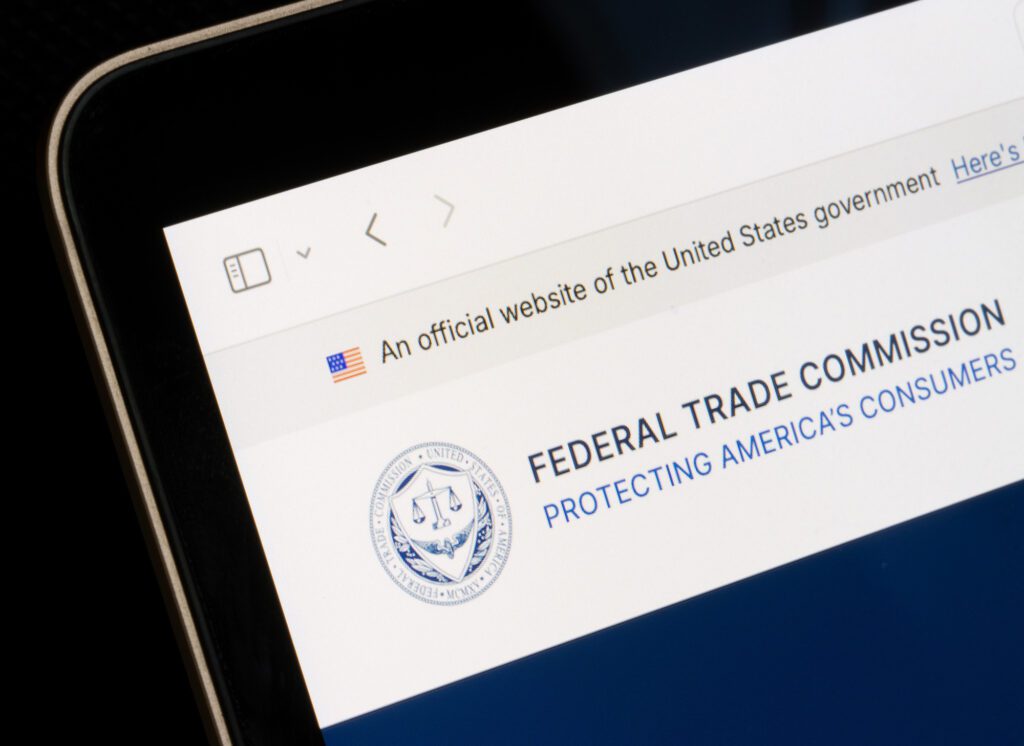The fully Republican Federal Trade Commission under Chair Andrew Ferguson is taking a stricter, more traditional approach to enforcement than it did under his predecessor, Lina Khan.
That’s as expected.
Ferguson has long publicly opposed broad new rulemaking, including efforts to regulate the use of AI, and he’s repeatedly emphasized that the FTC should “stay in [its] lane” and avoid stretching to address larger social issues. He’s taken a strongly negative attitude toward DEI initiatives, for example.
That said, the FTC is being active on other fronts and pushing into contentious territory. Case in point: Its conditional approval of the Omnicom/IPG merger, which seems quite at odds with Ferguson’s whole stay-in-our-lane philosophy.
Because the FTC’s blessing came with strings. Omnicom and IPG had to promise that the combined company will never redirect ad dollars from media outlets or platforms for political or ideological reasons. (Click here.)
The agency is justifying its position on antitrust grounds, that this isn’t the FTC making a statement about free speech, but rather that ad boycotts based on viewpoints constitute illegal collusion and suppress competition in the ad and media markets.
Not kidding around
What does all this have to do with data privacy? Not a lot.
But it’s worth noting that, regardless of how one feels about the FTC’s latest move, the agency is being more active than expected, and this extends to privacy issues more broadly.
It’s still unclear how much Ferguson and crew will zero in on privacy protection writ large, yet there’s no doubt that children’s privacy is a major priority for the agency, said Holly Melton, who joined Frankfurt Kurnit Klein & Selz in May as a partner in the firm’s advertising group.
Ferguson and Republican commissioners Melissa Holyoak and Mark Meador have all clearly signaled that they plan to focus on children’s privacy, including stricter parental consent and enhanced safeguards for collecting and using a minor’s personal data.
The updated COPPA Rule, which just went into effect last week, requires that the operators of sites and/or online services obtain separate and verifiable consent before sharing a child’s personal information with a third party for targeted advertising or marketing.
Dollars to donuts, we’ll see some vigorous enforcement of that rule in the near term. (By the way, the origin of the phrase “dollars to donuts” is worth knowing!)
More action than expected
Meanwhile, the FTC is proving itself to be more focused on consumer protection issues than many had anticipated, Melton said.
It finalized and implemented a rule targeting unfair or deceptive junk fees in May, and Ferguson has publicly committed to “vigorously pursue marketers” that make false Made in America claims.
And Melton predicts that we could also see more enforcement in the consumer review space.
Ferguson has supported actions against companies that use fake or deceptive reviews when that conduct falls within the agency’s established authority under Section 5 of the FTC Act. For example, he concurred in the FTC’s case against online reviews platform Sitejabber last year when he was still a commissioner and Khan was chair. Sitejabber allegedly allowed businesses to post and promote reviews from people who hadn’t actually used their products or services.
In short, Ferguson has different enforcement priorities than his predecessor, but he still supports action against clear cases of fraud and deception.*
And so consumer protection and privacy lawyers will still have plenty to do.
“People who do what I do were a little worried we wouldn’t be busy, because the FTC wouldn’t really care about consumer protection anymore,” said Melton, who declined to comment specifically on the Omnicom/IPG merger. And fair enough; it’s a hot potato.
“But,” she said, “that hasn’t proven to be the case.”
*(Oh, and also micromanaging the ad industry by policing where agencies can and can’t spend money.)
🙏 Thanks for reading! And solidarity with anyone who experienced the heat dome in the northeastern US last week. I can relate to this grumpy little guy. I only have one window AC in my apartment and it was working overtime, let me tell you. As always, feel free to drop me a line at allison@adexchanger.com with any comments or feedback.
















